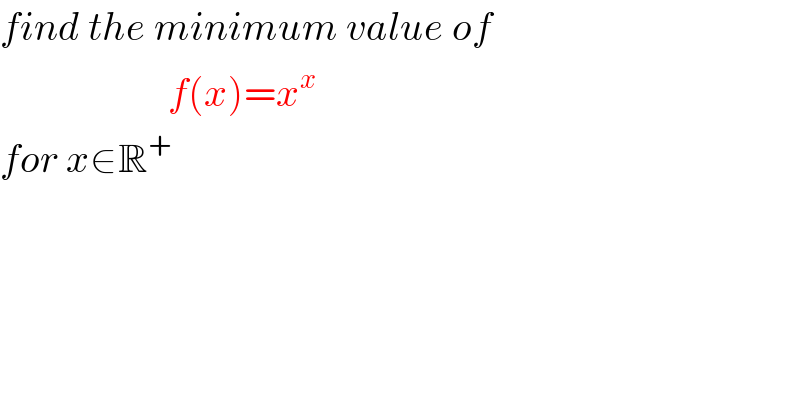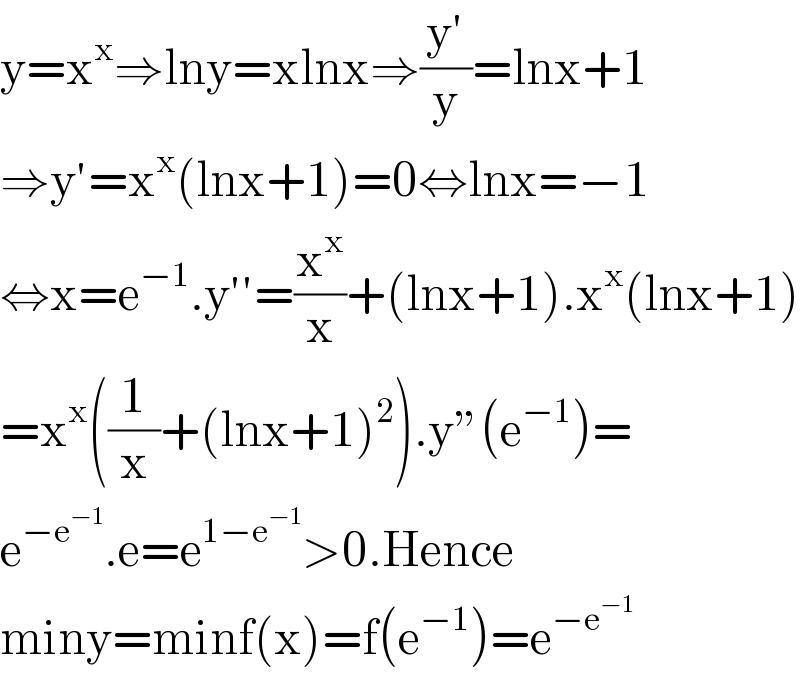
Question and Answers Forum
Question Number 96586 by M±th+et+s last updated on 02/Jun/20

Answered by 1549442205 last updated on 02/Jun/20

Commented by M±th+et+s last updated on 03/Jun/20

| ||
Question and Answers Forum | ||
Question Number 96586 by M±th+et+s last updated on 02/Jun/20 | ||
 | ||
Answered by 1549442205 last updated on 02/Jun/20 | ||
 | ||
| ||
Commented by M±th+et+s last updated on 03/Jun/20 | ||
 | ||